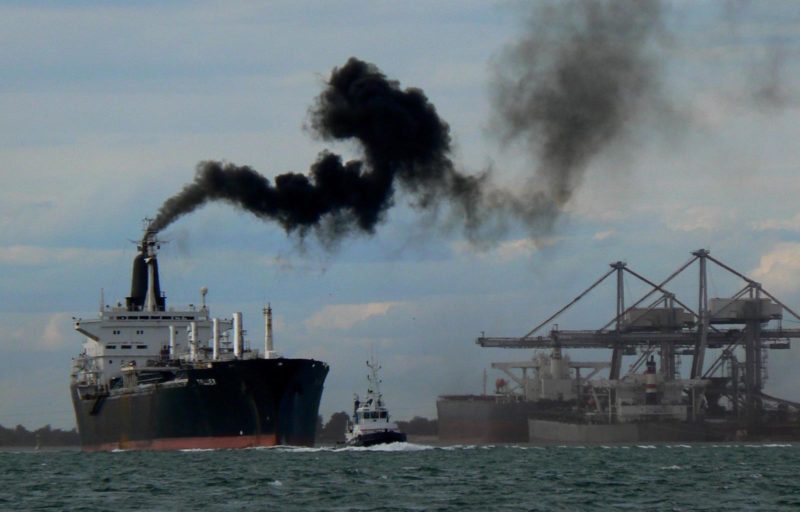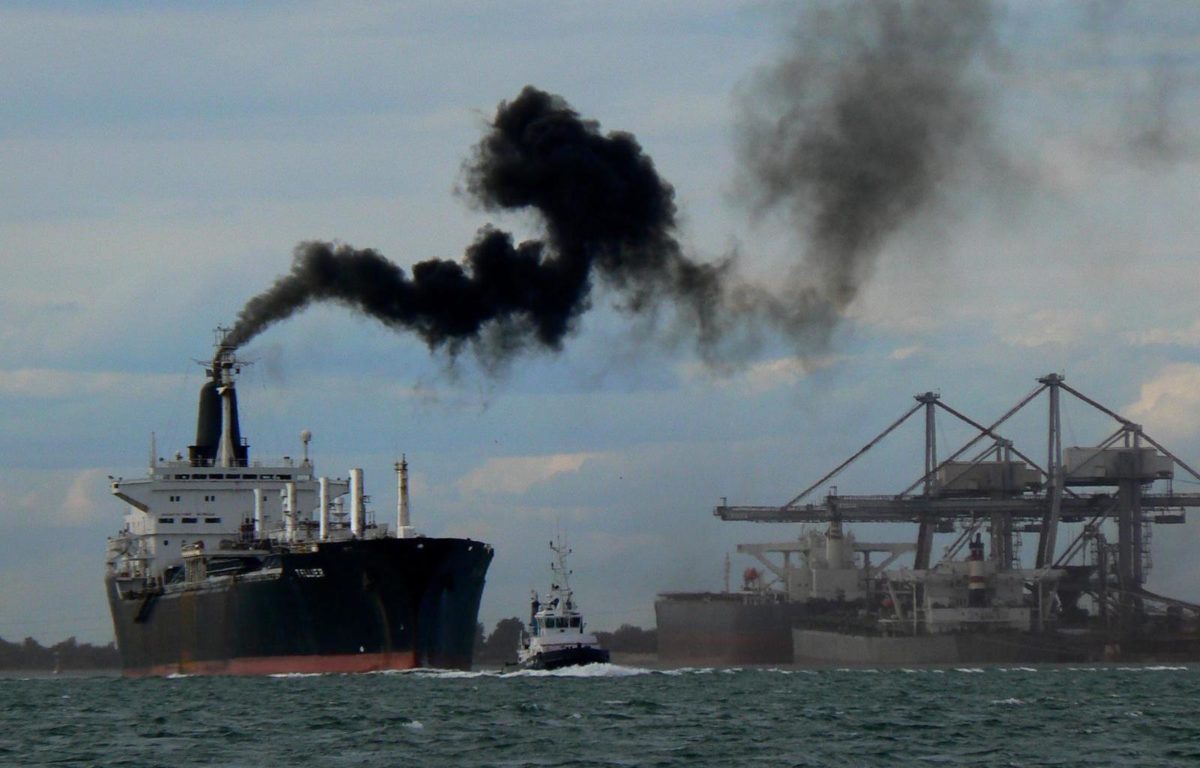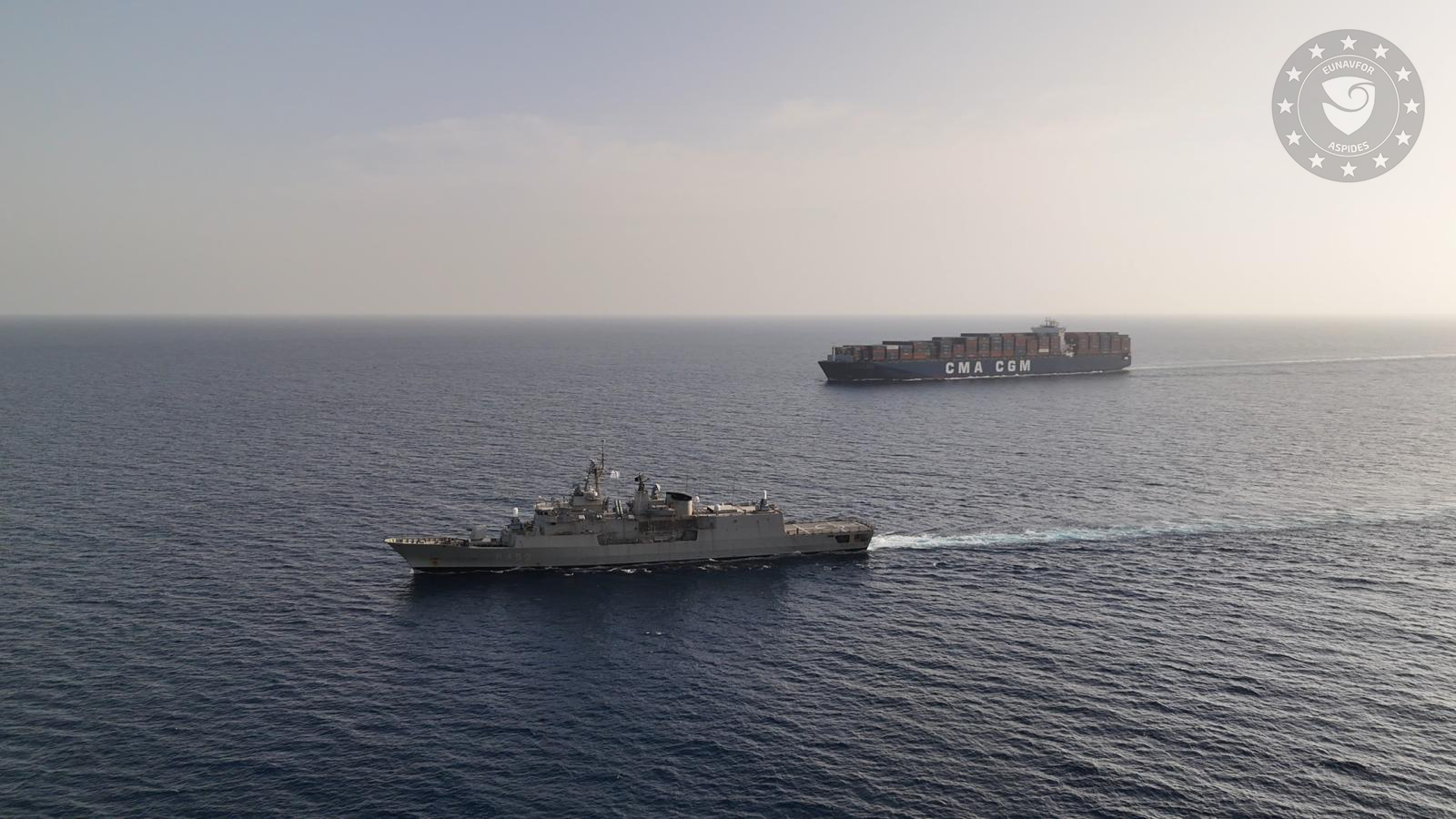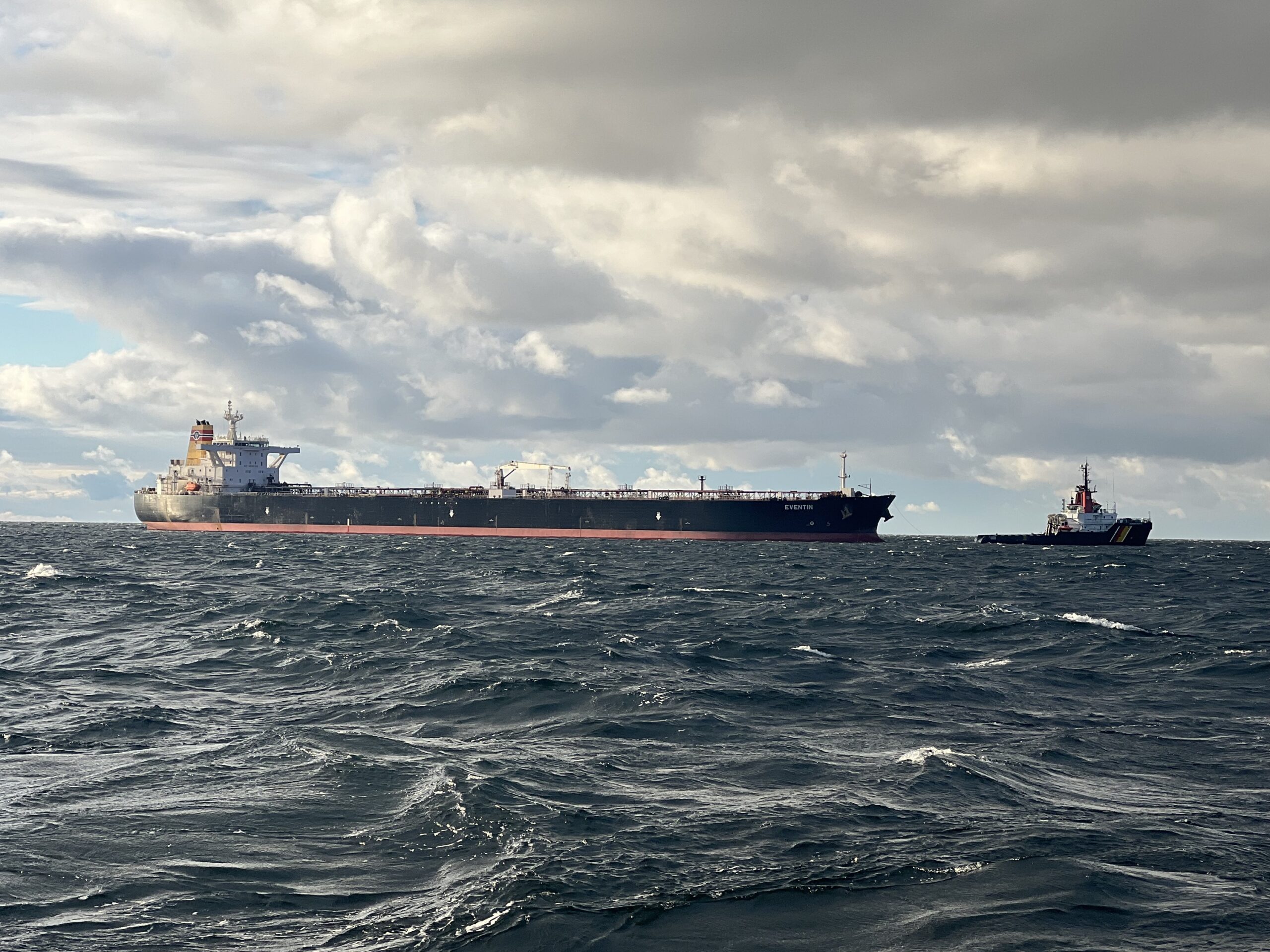
Air pollution from shipping has been significantly reduced around European coastlines and ports thanks to the concerted action by the European Union and industry to reduce sulphur emissions from ships, the European Commission said in a report released Monday.
The report is the first European Commission report on compliance with Directive (EU) 2016/802, more commonly referred to as the Sulphur Directive, which regulates SOx emissions from ships in European waters.
Since 1 January 2015, the Directive has required all ships operating in designated Sulphur Limit Control Areas (SECAs), such as the North and Baltic Seas, to burn marine fuel with a sulphur content no greater than 0.1%. For ships operating outside of SECAs, the Directive lowers the maximum sulphur content for ships from 3.50% to 0.50% by 1 January 2020.
The European Report report released Monday shows high compliance by ships, particularly in the North and Baltic Seas SECAs where 93% of ships inspected complied with the Directive. This compliance has lead to a significant reduction in harmful sulphur dioxide concentrations in regions bordering the SECAs, including up to a 60% reduction in Denmark, 50% reduction in the German North Sea, and over 20% in the Rotterdam area, according to the report.
“This has more than halved sulphur dioxide (SO2) concentrations around ‘Sulphur Oxides Emission Control Areas’ since 2015 while the overall economic impacts on the sector remained minimal,” the EC stated.
Karmenu Vella, European Commissioner for the Environment, Fisheries and Maritime Affairs said: “Environmental rules deliver and protect our citizens’ quality of life when all sides involved work together to correctly apply them. The shared commitment by Member States, industry, and the maritime community as a whole is paying off. People living around protected sea areas can breathe cleaner and healthier air. And we have preserved the level playing field for industry.”
The report lists a number of factors as contributing to the success of the Sulphur Directive, including the EU’s support of mechanisms and technical assistance, the combination of voluntary and mandatory reporting tools, the EU’s financial support for the uptake of clean ship technologies, and synergies with the International Maritime Organization.
In 2016, the IMO set 1 January 2020 as the entry-into-force date of the global 0.50% sulphur cap, matching the European regulations.
Read the report: Commission report on compliance with the Sulphur Directive

 Join The Club
Join The Club












